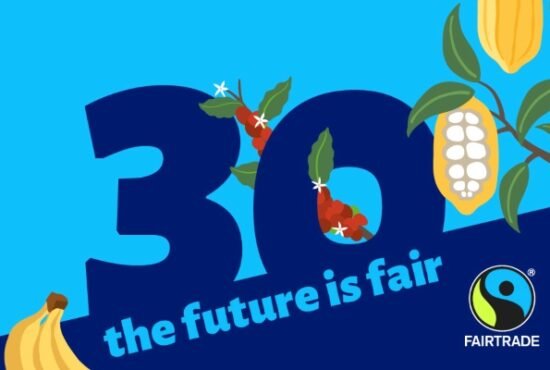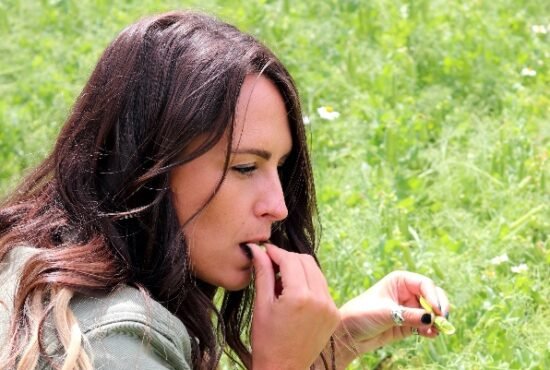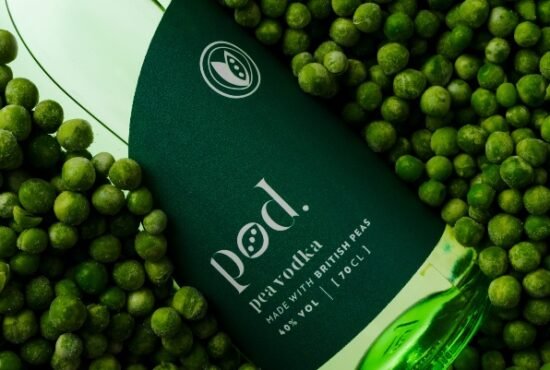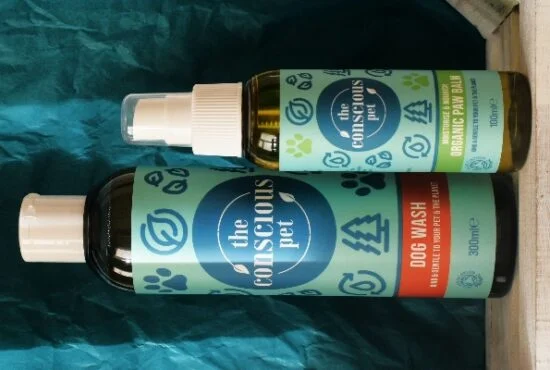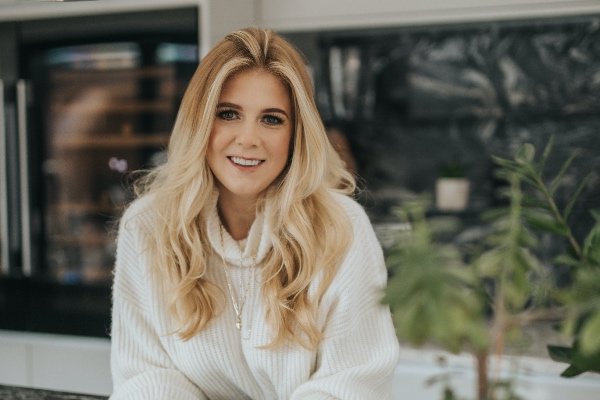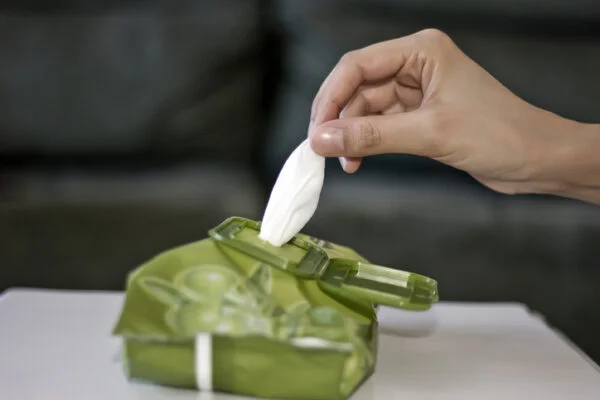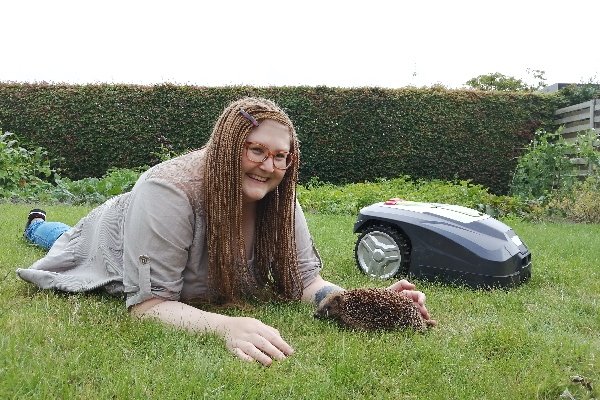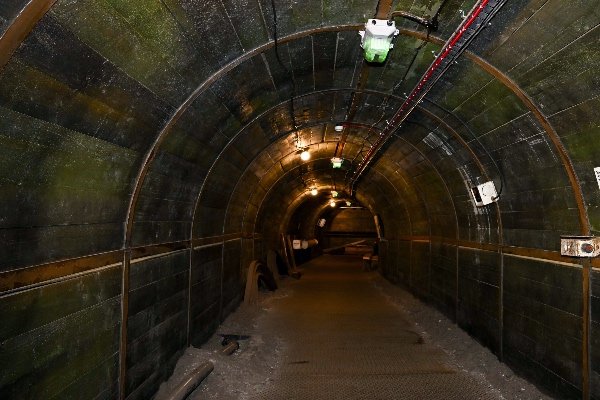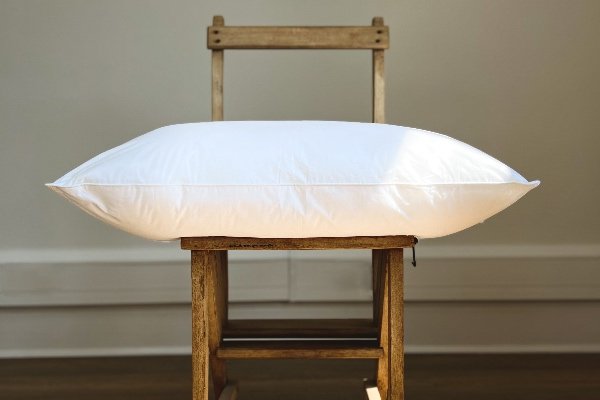As the global population becomes increasingly urbanised, and the planet’s soils become degraded through intensive cultivation, a horticultural product known as biochar offers a unique solution to sustainable growing.
Because of its moisture retaining qualities, biochar is an essential ingredient in urban container growing. It’s ideal for window boxes and pots, which are often the only potential growing space in cramped cities where vertical gardening is becoming an increasingly common sight.
Biochar has been referred to by US biochar expert, Wae Nelson, as ‘the oldest new thing you’ve never heard of’, and it’s certainly no new invention. Studies of soil at sites throughout the Amazon Basin suggest that ancient Amazonian civilisations made a primitive type of biochar and added it to their land to grow food in inhospitable soils.
The result was a rich and fertile black earth – or ‘terra preta’ – with a high carbon content, which is still evident today.
Using biochar is a simple form of carbon sequestration.
Biochar is a highly porous, high carbon form of charcoal that naturally helps improve soil structure, enhances soil fertility and boosts soil health whilst locking away atmospheric carbon dioxide for hundreds of years.
Using biochar is a simple form of carbon sequestration. It is made from any waste woody biomass that has been charred at a low temperature with a restricted supply of oxygen, a process called pyrolysis. This process results in a stable form of carbon that is removed from the atmospheric carbon cycle when added as a soil amendment.
One tonne of carbon locked away in biochar represents the equivalent of three tonnes of carbon dioxide being removed from the atmosphere – an essential step towards cutting the carbon footprint of food production.
By blending biochar with microorganisms and natural nutrients, Carbon Gold’s unique biochar replenishes the diverse soil biology that is often missing from lifeless, urban soils.
Because biochar creates a natural refuge for good bacteria to flourish and improves soil structure, it also supports a ‘no dig’ approach, which reduces the greenhouse gases released by digging (and saves you some back-breaking work!).
Plus, as all the benefits of Carbon Gold’s products result in higher yields, it means you can grow your five-a-day in less space.
UK engineering supporting global biochar production
British biochar business Carbon Gold was founded in 2007 by Craig Sams, co-founder of Green & Black’s and former Chairman of the UK’s leading organic charity, the Soil Association. Carbon Gold’s ambition is to help people mitigate climate change and support sustainable food production through the development of biochar-based products and projects, simultaneously removing carbon dioxide from the atmosphere and improving soil fertility.
Not only does Carbon Gold sell a unique range of biochar products for UK gardeners and growers, it also supplies British engineered biochar kilns to rural development projects throughout the world. The company often works in partnership with Pro-Natura, an international NGO that creates ‘Super Vegetable Gardens’ in areas of severe desertification.
Using biochar to enhance lifeless, arid soils, these remarkable gardens produce a sustainable supply of fruit and vegetables for local communities in five-week cycles throughout the year. Carbon Gold’s biochar kilns are currently helping cacao farmers in Belize to increase their crop yields sustainably, and a French engineering base in Ashgabat, Turkmenistan, now produces its own supply of biochar to grow fresh fruit and vegetables for workers and their families.
Carbon Gold is also developing a kiln for a project funded by the Department of Energy and Climate Change and coordinated by the RSPB, where natural habitats for birds are being restored in Scottish wetlands.
Bringing biochar to Britain
On the back of biochar’s international success, Carbon Gold was inspired to introduce horticultural products to the UK — not only to help gardeners, growers and farmers sequester carbon and improve soil health, but also to enable more people to grow their own food in urban and rural settings.
To do so, it has developed a range of biochar-based products, now popular with home and professional growers. Carbon Gold’s GroChar range is Soil Association approved for use in organic production, and is designed to enhance soil for growing high cropping fruit and vegetables – whether that’s in a small, city window box, a suburban garden or on a commercial farm.
The 100% peat-free composts are key to the fight against the desecration of natural peatlands. Formulated from coir, the fibrous husk of a coconut, GroChar composts are enriched with biochar, mycorrhizal fungi, seaweed and wormcasts, which provide the perfect growing medium for propagating and potting. The magic ingredient, biochar, keeps nutrients in the top level of soil and helps make them readily available to plants, while also retaining water and adding structure to the soil.
The GroChar Soil Improver is Carbon Gold’s flagship product. It looks like charcoal, but actually contains a mix of biochar, microorganisms and trace elements, which are added straight to the soil, mixed with potting compost or dusted onto the roots of seedlings before planting out to increase nutrient uptake and and the soil’s water retention. Used by celebrity growers James Wong and Alys Fowler (see below), it’s become a firm favourite with both amateur and professional growers.
 Play Video about This Rock Might Just Save The World
Play Video about This Rock Might Just Save The World Play Video about Play 2 hours of rock
Play Video about Play 2 hours of rock Play Video about Play 2 hours of brook
Play Video about Play 2 hours of brook Play Video about Play 2 hours of sheep
Play Video about Play 2 hours of sheep
